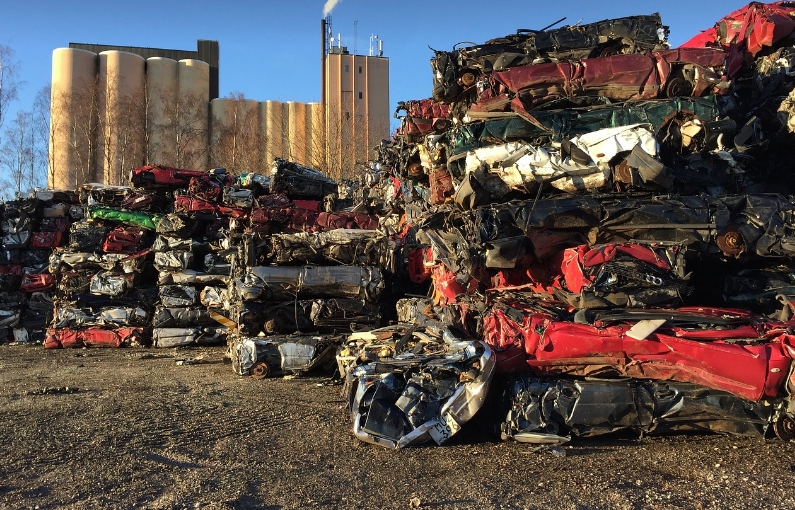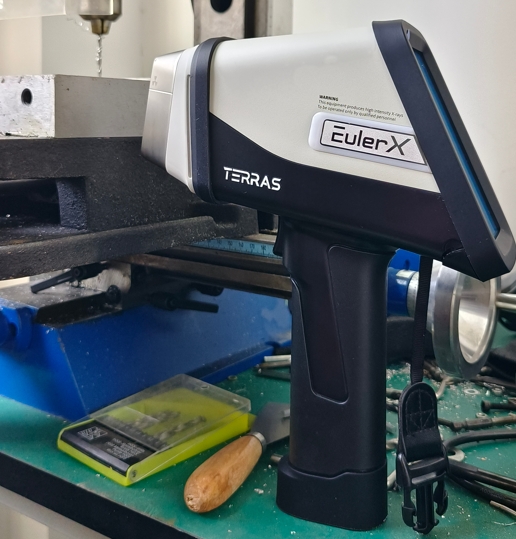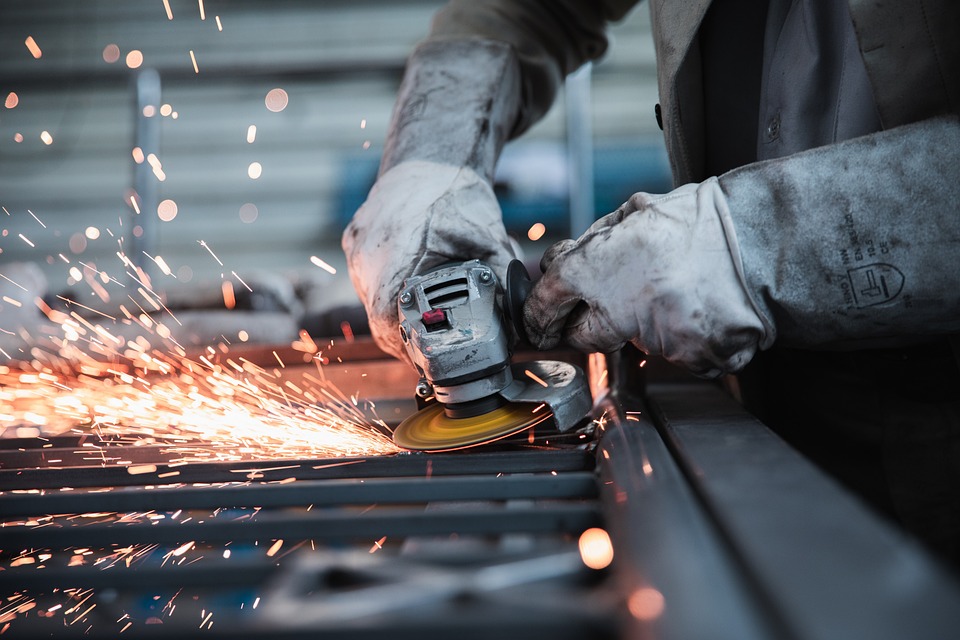
catalytic convertor
A high-tech enterprise focusing on the development and application of X-ray technology products, committed to becoming a leading supplier of X-ray industrial testing solutions.
Unlocking Profit Potential: Strategies for Maximizing Catalytic Converter Scrap Prices
In the realm of scrap metal recycling, catalytic converters are among the most valuable commodities. These automotive components contain precious metals like platinum, palladium, and rhodium, making them highly sought after in the recycling industry. However, maximizing the value of catalytic converter scrap requires a nuanced approach and a keen understanding of market dynamics. In this article, we'll explore strategies for unlocking the profit potential of catalytic converters and optimizing scrap prices.
Understanding the Value
Before delving into strategies, it's crucial to grasp why catalytic converters are valuable. These devices play a vital role in reducing harmful emissions from vehicles, but they also contain small amounts of precious metals. Platinum, palladium, and rhodium are catalysts used to facilitate chemical reactions that convert harmful pollutants into less harmful substances.
Due to their scarcity and increasing demand in various industries, these precious metals command high prices in the market. As a result, catalytic converters have become a lucrative source of scrap metal.

Know Your Converter
Not all catalytic converters are created equal. Different makes and models of vehicles use converters with varying amounts of precious metals. Some converters contain higher concentrations of platinum, while others may have more palladium or rhodium. Additionally, newer converters tend to have higher metal content compared to older ones.
To maximize profit, it's essential to identify the types of converters you're dealing with and understand their metal composition. This knowledge allows you to accurately assess their value and negotiate better prices with scrap yards or buyers.
Stay Informed About Market Trends
Like any commodity, the prices of platinum, palladium, and rhodium fluctuate based on market conditions, geopolitical factors, and industry trends. To optimize profits, it's crucial to stay updated on these developments and monitor market prices regularly.
Tools such as metal price indices, industry reports, and market analysis websites can provide valuable insights into current market trends and price projections. By staying informed, you can time your sales to coincide with periods of high demand and favorable pricing.
The role of XRF analyzer in catalytic converter recycling
X-ray fluorescence (XRF) analyzers play a vital role in catalytic converter recycling. It is a non-destructive testing tool that quickly and accurately determines the content of precious metals such as platinum, palladium and rhodium in catalytic converters. Here’s how XRF analyzers play a role in catalytic converter recycling:
Rapid detection: XRF analyzers can complete the detection of catalytic converter samples in seconds without destroying the sample or performing complex chemical treatments. This fast detection speed makes processing large batches of converters more efficient.
Accurate measurement: XRF analyzers are able to accurately measure various precious metal levels in catalytic converters. This accuracy is critical in determining the actual value of the converter, helping the recycler or buyer make an informed decision.
Real-time results: The results provided by the XRF analyzer are real-time and displayed immediately on the device screen. This gives recyclers immediate visibility into the metal composition of converter samples, allowing them to adjust prices or take other actions in a timely manner.
Non-destructive: Compared with traditional chemical analysis methods, XRF analysis is a non-destructive testing method. This means that samples are not damaged during testing and can be tested without affecting the overall structure or functionality of the converter.
Portability: Many XRF analyzers have portable designs that are easy to carry and operate. This allows recyclers to conduct testing on-site without having to send samples to a laboratory, saving time and costs.
Overall, XRF analyzers play a vital role in catalytic converter recycling, providing fast, accurate and non-destructive testing solutions to help recyclers maximize profits and improve work efficiency.

The EulerX 900 series has proved to be an excellent choice for metal analysis in a wide fields, providing fast, accurate results directly to the user. Thanks to its cutting-edge electronics and sophisticated mathematical algorithms, the EulerX 900 series ensures superior measurement quality within seconds.Our instrument comes with a variety of accessories, such as:
1. The benchtop test stand: It allows for hands-free measurement of samples, eliminating the need for the operator to hold the analyzer. It is fully shielded to protect the operator from any scattered radiation.
2. Portable Test Stand. The portable stand test can be folded up for easy transportation and portability. It allows the operator to measure samples hands-free. It is fully shielded to protect the operator from any scattered radiation.
3. Backscatter Shield. A flexible yet sturdy shield attached to the analyzer is cone protects the operator from any backscattered X-rays during analysis.
4. Carbon Fiber Anti-Puncture Window. The carbon fiber anti-puncture window passed the irregular sample test. The instrument can use carbon fiber anti-puncture window to prevent puncture windows, effectively protecting the window film from damage.
There are many other accessories, you can browse the product details page of our website for yourself.
Conclusion
Maximizing the profit potential of catalytic converter scrap requires a combination of knowledge, diligence, and strategic planning. By understanding the value of converters, staying informed about market trends, building relationships with buyers, investing in testing equipment, and practicing ethical recycling, you can unlock the full value of these valuable commodities.
Whether you're a scrap metal enthusiast, a recycling professional, or a business owner looking to optimize returns, implementing these strategies can help you achieve greater profitability and contribute to a more sustainable future for the recycling industry.
Join Us
Subscribe to our email list for updates & promotions.



